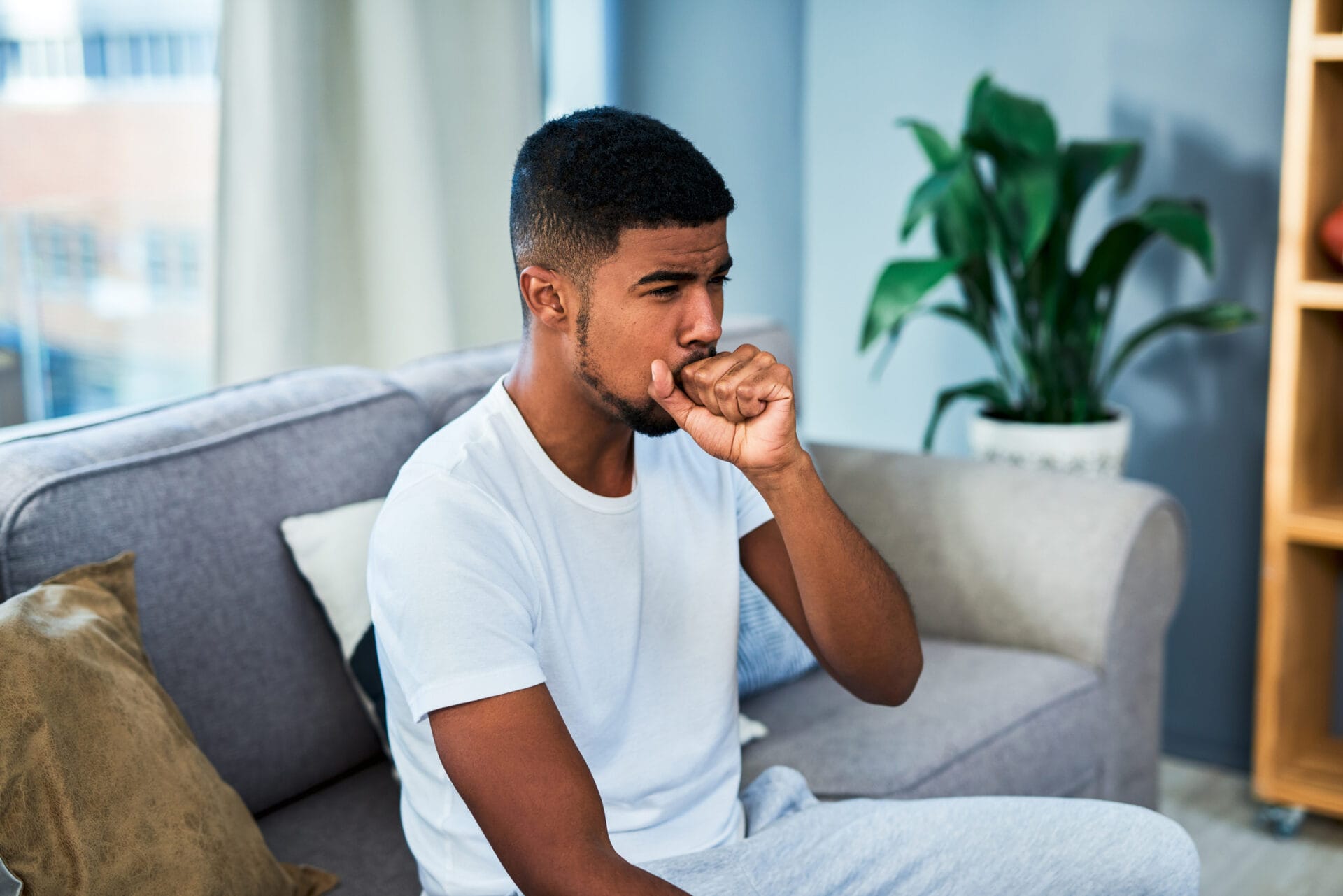What Is Asthma?
Asthma is a common lung condition whereby your airways narrow and swell, causing occasional breathing difficulties. Asthma affects people of all ages and often starts in childhood, though sometimes, it can also develop for the first time in adults. There is currently no cure for asthma, however, there are simple treatments that can help keep the symptoms under control, so that it does not have a major impact on your life.
If you have any of the following symptoms, please do not hesitate to contact MyHealthcare Clinic on 0207 099 5555 for an appointment to see one of our private GPs. Several conditions can cause similar symptoms, so it’s important to get a proper diagnosis and a correct treatment plan.
The main symptoms of asthma are:
· A whistling sound when breathing (wheezing)
· Breathlessness
· Tightness in the chest, or pain
· Coughing

Treatments for asthma
Asthma is usually treated by using an inhaler, a small device, as prescribed by your GP, which is used to breathe in medicine for relief/prevention of symptoms.
The main types of asthma treatments are:
· Reliever inhalers – used when needed to provide immediate relief of asthma symptoms
· Preventer inhalers – used every day to prevent asthma symptoms from happening
Some people also need to take tablets. Our in-clinic MyHealthcare GPs will you advise on what is the best treatment for you, or your child.
Asthma symptoms can sometimes get temporarily worse, which is known as an asthma attack. Severe asthma attacks can be life-threatening.
An asthma attack can be very distressing for the sufferer experiencing the following symptoms:
· More frequent and bothersome asthma signs and symptoms
· Increased difficulty breathing
· The need to use a quick-relief inhaler more often
Causes and triggers of asthma
Asthma is caused by the swelling (inflammation) of the breathing tubes that carry air in and out of the lungs. This makes the tubes highly sensitive, so they temporarily narrow, therefore triggering symptoms. Asthma may happen randomly, or after exposure to a trigger.
Common asthma triggers include:
· Exercise – asthma may be worse when the air is cold and dry
· Reaction to irritants such as chemical fumes, gases, or dust
· Allergic reaction to substances such as pollen, dust mites, or pets
· Infections like colds, or flu
In children, asthma sometimes goes away, or improves, during the teenage years, but it can come back later in life.
The symptoms can usually be controlled with treatment. Most people will have normal, active lives, although some people with more severe asthma may have ongoing problems.
Complications of asthma
Although asthma can normally be kept under control, it is still a serious condition that can cause a number of problems, which is why it is important to follow your treatment plan, as outlined by your MyHealthcare GP, and not ignore your symptoms, if they’re getting worse.
Badly controlled asthma can cause problems such as:
· Feeling exhausted
· Stress, anxiety, or depression
· Delays in growth, or puberty, in children
Same day online and in-person GP appointments are available at our award-winning clinics in Wandsworth, Fulham, and Wimpole Street, in Central London. Appointments available Monday to Saturday, for your convenience.
